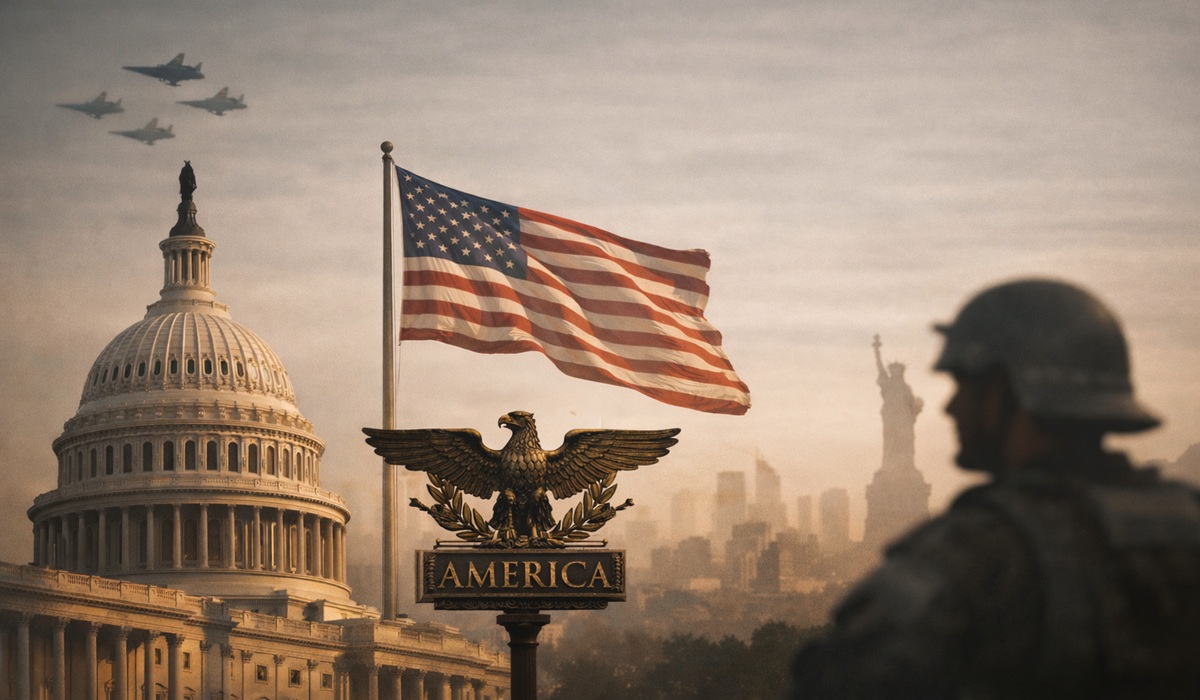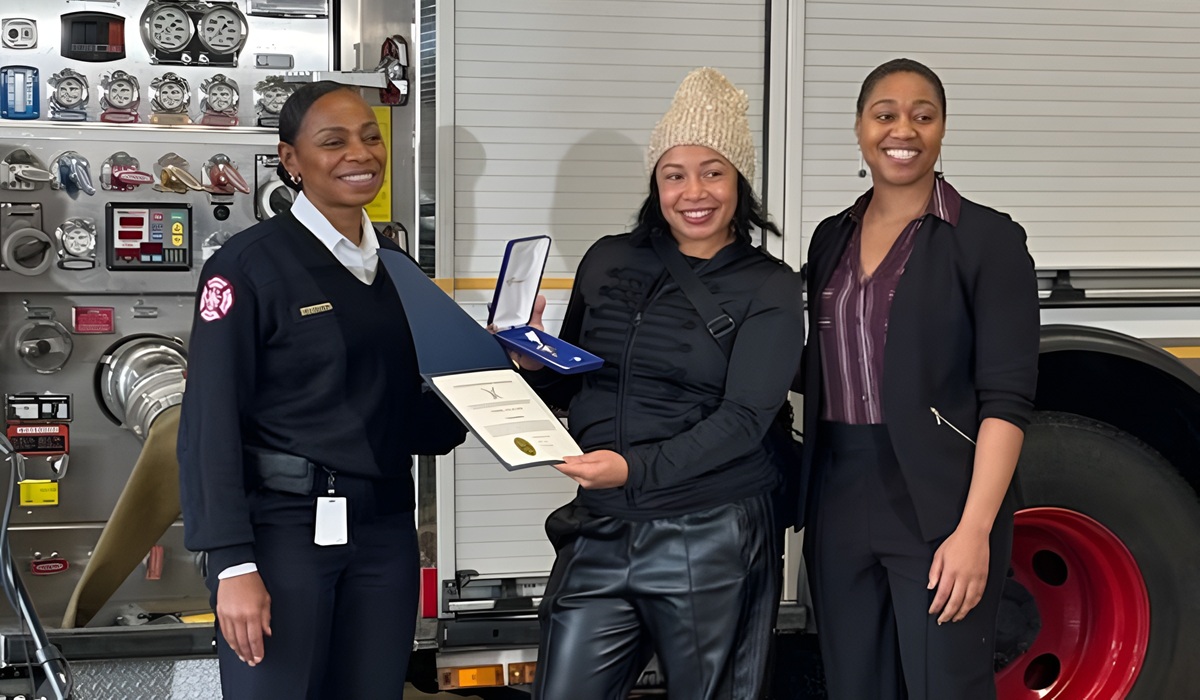Diddy’s Trial Reaches Critical Juncture as Jury Splits on Racketeering Charge
- Kingston Bailey
- Breaking News
- July 2, 2025

July 2, 2025, After days of gripping testimony and more than 12 hours of jury deliberation, the federal criminal trial of Sean “Diddy” Combs has entered a tense and uncertain phase. The jury has announced that it has reached a verdict on four of the five charges laid against the music mogul—but remains deeply divided on the most serious count: racketeering conspiracy under the federal RICO statute.
In a packed New York courtroom, Judge Arun Subramanian acknowledged the partial verdict but refused to accept it until jurors have exhausted all avenues to reach consensus on the remaining charge. The jury was instructed to return to deliberations, a move signaling the gravity of the RICO allegation and its potential impact on the broader case.
The racketeering charge stands at the heart of the prosecution’s narrative. It alleges that Combs orchestrated a wide-reaching criminal enterprise using his entertainment businesses and inner circle to facilitate illegal activity, including sex trafficking, intimidation, obstruction of justice, and financial manipulation. Prosecutors framed the case around the theory that this wasn’t a series of isolated incidents, but rather a coordinated and deliberate system of exploitation that spanned years and involved multiple victims. If convicted on the RICO count, Combs could face a life sentence—making it a charge that could define not only the outcome of the trial, but the legacy of one of hip hop’s most prominent figures.
Though the jury has not yet read the official verdicts on the remaining four charges, they include two counts of sex trafficking and two counts related to the transportation of individuals for prostitution. Witness testimony, including from Combs’ former partner Cassie Ventura and others identified only by pseudonyms, painted a picture of a disturbing underworld behind the celebrity glamour. They described being coerced into participating in so-called “freak offs”—elaborate sex parties allegedly involving drugs, intimidation, and at times male sex workers hired to perform for Combs’ satisfaction. Several women claim they were forced into these encounters under threat of retaliation, career sabotage, or physical harm.
While those charges are deeply serious in their own right—each carrying a potential sentence of up to 15 years—the RICO charge remains the linchpin. It elevates the case from one of individual misconduct to a systemic abuse of power and influence. Without a conviction on racketeering, the government’s ability to label Combs as the orchestrator of a criminal enterprise weakens considerably.
Legal analysts and defense attorneys following the trial closely have noted that the deadlock on the RICO count could be a strategic inflection point. If the jury ultimately cannot come to a unanimous decision and the judge declares a hung jury on that count, prosecutors will face a pivotal choice: retry Combs on the racketeering charge in a separate proceeding, or accept the outcome and move forward with sentencing on the other charges. For Combs, a hung jury or outright dismissal of the RICO charge would mark a significant victory. It would reduce the severity of any potential sentence and disrupt the prosecution’s effort to present him as the head of a criminal network.
Despite the stalemate, the fact that the jury has reached verdicts on four other counts suggests that closure is coming—though what that closure will look like remains unclear. If the jury convicts on any of the trafficking or transportation charges, Combs still faces years or even decades in prison. However, the symbolic and legal weight of a RICO conviction—or lack thereof—cannot be overstated. It is the difference between being remembered as a disgraced celebrity and being cemented in history as a criminal ringleader.
In the courtroom sketch captured by TDS News’ art team, Combs sits with a calm but focused demeanor. Wearing a dark navy suit, he appears reflective, perhaps bracing for a future that hangs precariously on one unresolved charge. The mood in the room is tense. Legal teams remain on standby. Supporters and critics alike wait outside, echoing the national conversation swirling around a trial that, like its subject, has become larger than life.
For now, the courtroom remains in limbo. The jury continues its work behind closed doors. The nation watches, and Sean “Diddy” Combs waits—for a verdict that may define the rest of his life.








